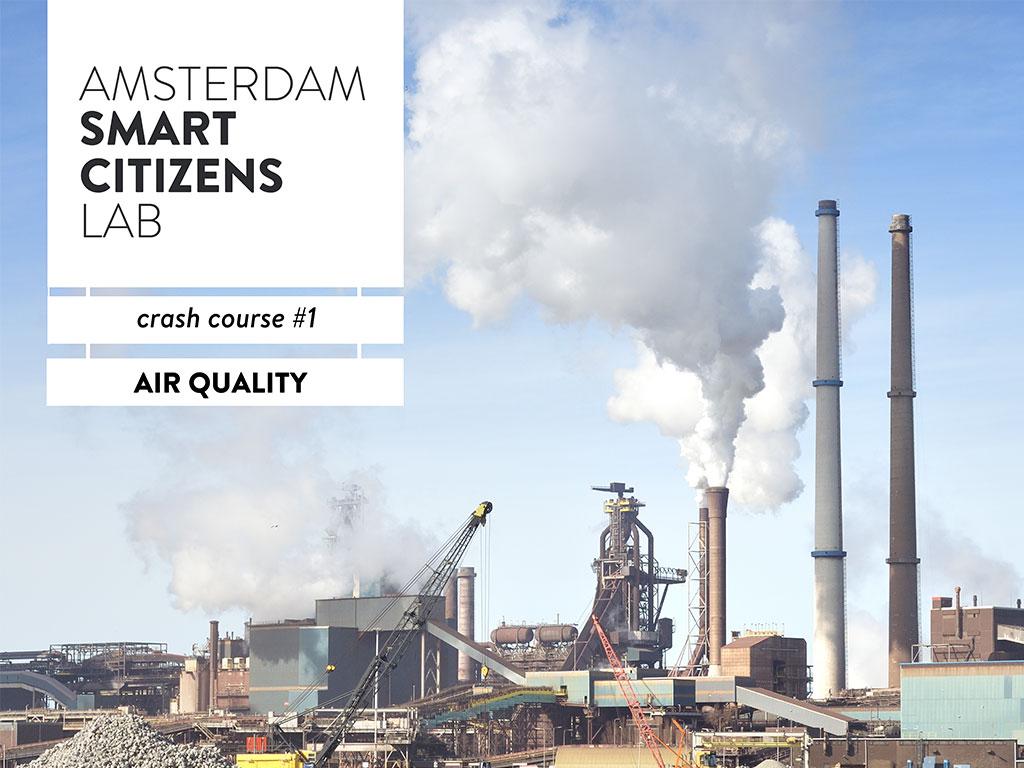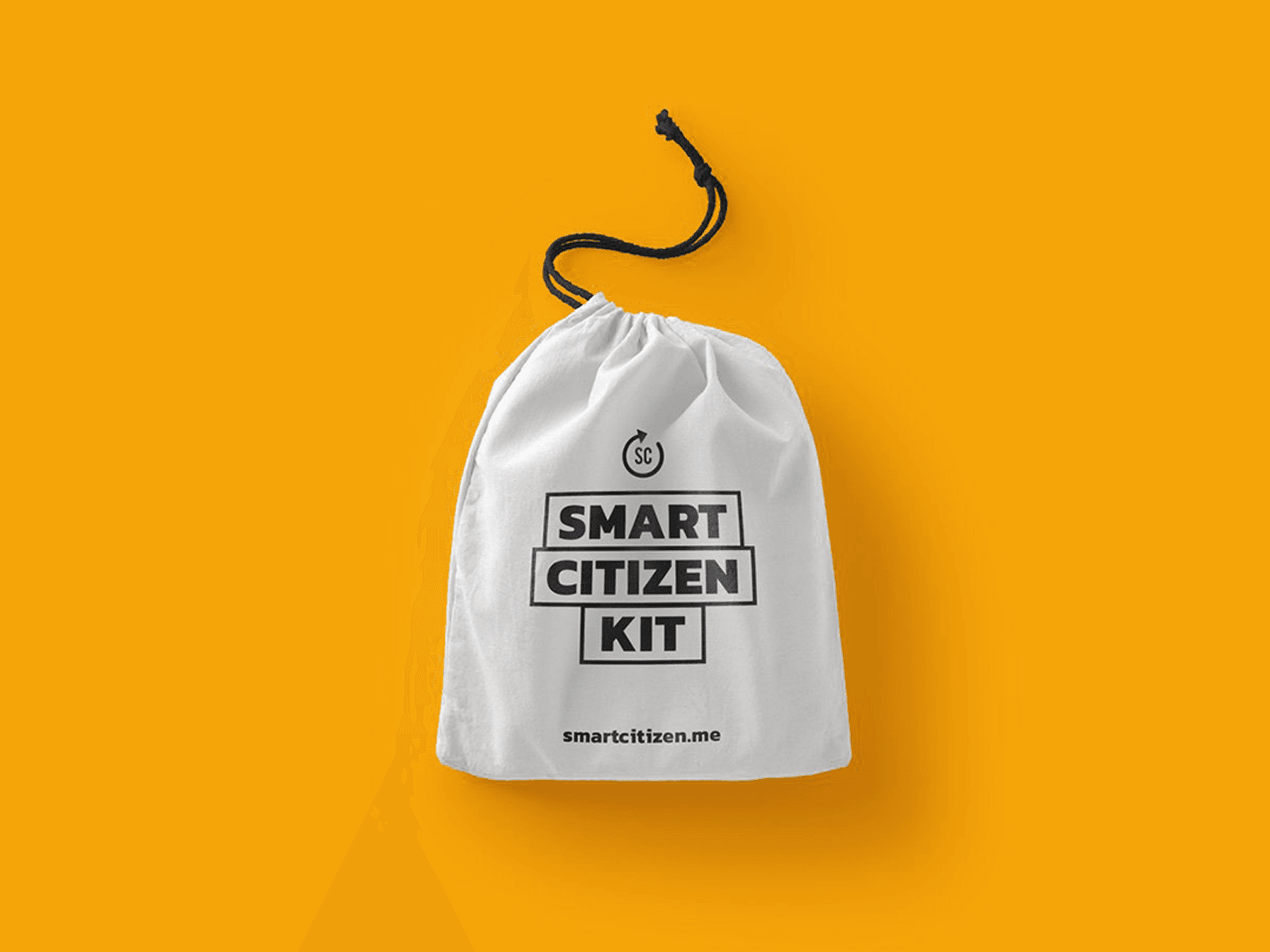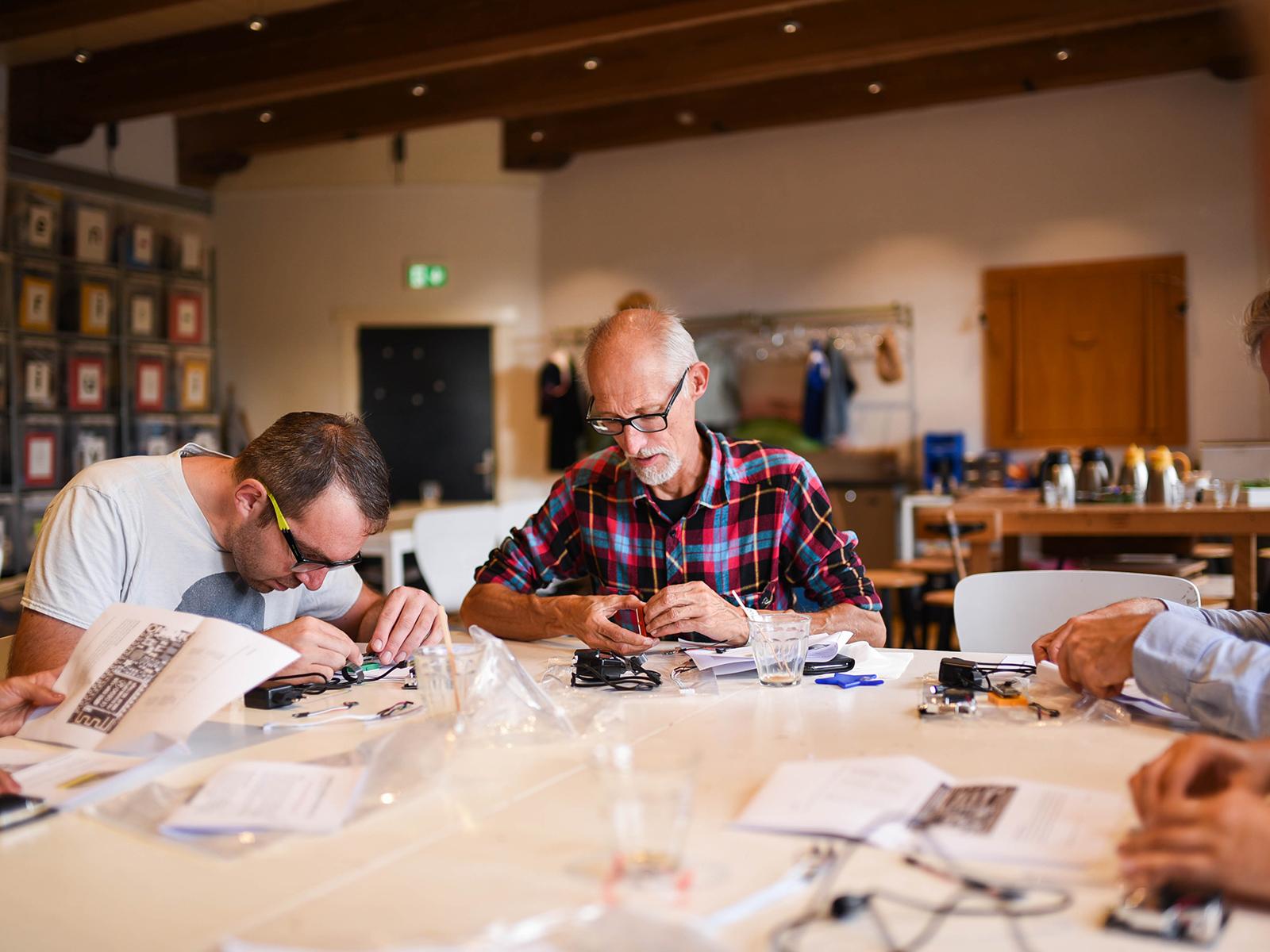Join us for the first Smart Citizens crash course in measuring air quality at the FabCity Campus, on June 20th.
When is the best time to take a swim in the canals? Which route is the healthiest to take to work? And what’s the real level of noise pollution in your neighborhood? These are all examples of questions that could be answered during the Smart citizens crash course, organized by Waag.
Map, make & measure
The first crash course is all about fresh air. How healthy is the air in your neighbourhood? How can you measure air quality and what can you do to improve the situation in and around your house? In this session you’ll experiment with different sensors; from high-tech, to simple DIY-solutions. Prior knowledge is not necessary; you just need an inventive and creative attitude and the wish to explore the world around you.
You’ll take part in a small field experiment; collect data, explore ways to make sense of the data and find out what you can do to influence the quality of the air. If you want to, you can even build your own sensor!
Join the course!
Tickets are € 10 per crash course (to be paid on entrance, cash only). We will provide you with the materials needed to build the sensors and access to machines to make additional (sensor)parts.
Are you a rookie in technology? No worries, everyone can join our crash courses – as said, all levels are welcome. We have experienced tutors to guide you during the sessions.
Your tutors
Nicolò Merendino
Nicolò is the new digital fabrication researcher of Fablab Amsterdam. Starting from an internship at STEIM in The Netherlands, he already collaborated with the development of several electronic music instruments and sound installations all over Europe (using strictly open source software).
Pieter van Boheemen
Pieter is an all-rounder in digital fabrication and biotechnology, founder of the Dutch Do It Yourself Biology community, BioHack Academy and supervisor of the Open Wetlab laboratory for creative biotechnology. He has taught numerous Do It Together Bio workshops to designers, artists, scientists, engineers and hackers of all age groups on the subject of biohacking, biodesign and bio informatics. Pieter is a frequent user of Open Source hardware and creator of many open source science devices.
This program is part of the project Making Sense and has received funding from the European Union’s Horizon 2020 research and innovation programme "CAPS - Collective Aware Platforms for Sustainability and Social Innovation" under grant agreement no. 688620. We thank Makerversity for sharing their facilitations.



